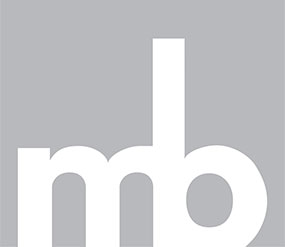For start-up companies, the list of priorities gets pretty long, pretty quick. A great idea for a product or service is only the beginning, and thoughts soon turn to business formation, quality control, marketing, staffing, capital, etc., etc. Optimistic start-ups also need to think strategically about their trademarks from the start. Trademarks can be names, phrases, logos, and slogans. Other things can sometimes qualify for protection as well, like a shape, sound, fragrance, or color that sets you apart.
Here is what I mean about optimistic start-ups: If you want to run a shoe shine business in Happycity, go ahead and call it Happycity Shoe Shine or Shiny Shoe Company. If you are the first to use the name, and people start to associate the name with you, state trademark law likely will offer you some protections if someone comes along trying to run a competing business by the same name. But let’s say you want to invent novel shoe shining products that could go in nearly every home in America. If that is the goal, or even the dream, you need to give serious thought to choosing and then registering marks for your brand that are distinctive enough to be protected.
Registering a mark is not the end of effective brand preservation, either. Did you know that escalator and zipper used to be brands, not generic words? The products became so popular, then so ubiquitous, that the words lost their ability to be trademarks. An escalator is no longer a brand of moving staircases—instead it is the word we all use for a moving staircase. This is a scenario that is often beyond a start-up’s wildest dreams. But any new company with big ambitions should be aware of their trademarks from the start and then take action to preserve those marks. Try to imagine the day when your product or service is so popular that people are lining up to copy your idea. How are you going to handle the impostors? How are you going to keep customers coming back to the real deal when the market gets saturated with wannabes?
Early choices can create long-term protections or long-term difficulties. The difficulty some run into is using marks that just describe their products or services. If you are making a long-lasting shoe shine, to return to that example, you have to think deeper than “permanent shine” for your product name. A competitor may successfully argue that other products offering a long-lasting shine should be able to describe their products that way. If you use names that are suggestive or (even better) arbitrary or fanciful, not just descriptive, you will be in a better position to show that people associate what you do with you and no one else. That is why start-ups with big aspirations develop and protect trademarks from the start.
Michael Thomas with the law firm of Maschoff Brennan is an intellectual property attorney helping clients with planning, enforcement, and litigation of trademark rights. This article is not intended as legal advice. But a qualified trademark attorney is in a position to give it.
